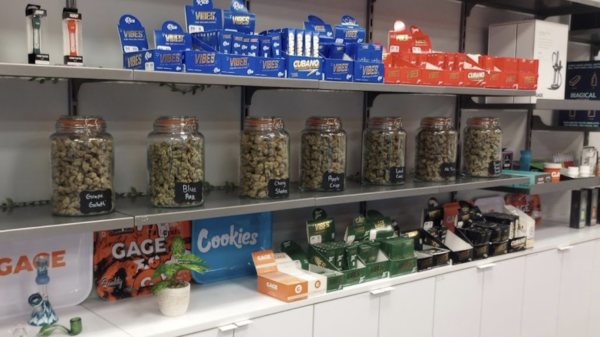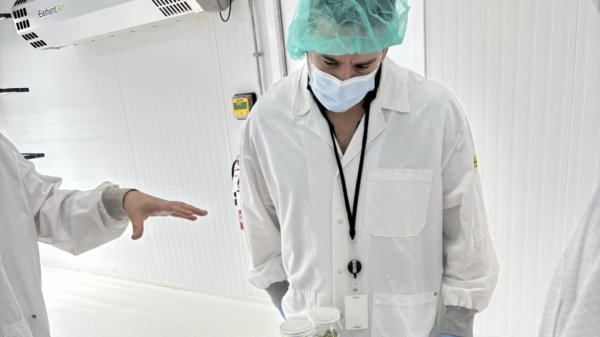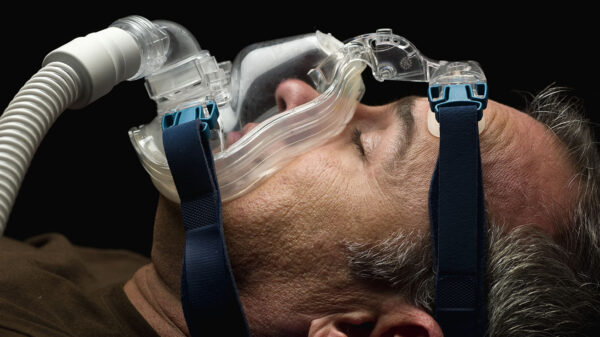When given cannabis as an option, patients who take prescription opioids can cut their daily dose by more than half, according to new research.
A study published in the journal Pain Physician found that when patients with chronic pain were given cannabis, they reduced their average daily opioid intake by 67 per cent, to 16.4 to 49.9 morphine milligram equivalent (MME).
And in a second follow-up session, patients reported a 73-per cent decrease to 13.3 MME.
Researchers from Pennsylvania’s Institute for Pain Medicine explain that patients on chronic opioid therapy (COT) should be presented with cannabis in the context of a choice between medical cannabis with a reduction in COT or the continued current dosing. This maximizes the effectiveness of reducing opioid intake while limiting concerns related to taking multiple medications, the authors continue.
The study adds to emerging research showing that cannabis can help patients reduce opioid use, especially in pain-management scenarios.
Read more: Cannabis significantly reduces prescription opioid use: Tilray patient study
Read more: Daily cannabis users 26% more likely to stop injecting opioids: study
For the study, researchers assessed 115 chronic pain patients at the Allegheny Health Network Institute for Pain Medicine in Pittsburgh who started medical cannabis therapy. The majority of participants were 50–70 years old and had consumed opioids for at least six months.
From the patient group, 75 chose to keep a medical cannabis treatment — reporting significant pain relief and less opioid use — while 30 said they didn’t find it effective or had unwanted side effects.
The most common pain type recorded was post-laminectomy syndrome, where a patient continues to report pain after back surgery. Other types of pain were related to rheumatoid arthritis, compression fracture and myofascial pain.
Researchers encouraged patients to avoid inhalable products and sativa cultivars, while starting with low THC and gradually increasing the dose.
Read more: ‘It actually works’: Vancouver study shares stories of youth choosing weed over harder drugs
In order to reduce opioid use and overdoses, researchers from the study recommend a temporary short-term period where patients try medical cannabis while gradually lowering the use of opioids, to determine individual effectiveness for a patient.
Another recent study published shows that cannabis dramatically reduces a patient’s use of prescription opioids following enrollment in a statewide medical cannabis program.
Other studies by Harvard Medical School and the University of Kentucky assessed the relationship between cannabis legalization laws and opioid prescriptions for adults, showing that the laws lowered opioid prescriptions for people with private insurance.
A different study by Tilray Inc. (Nasdaq: TLRY) showed similar results where daily opioid use among registered cannabis patients fell by 78 per cent to 32.2 MME from 152 MME.
Follow Natalia Buendia Calvillo on Twitter
natalia@mugglehead.com














